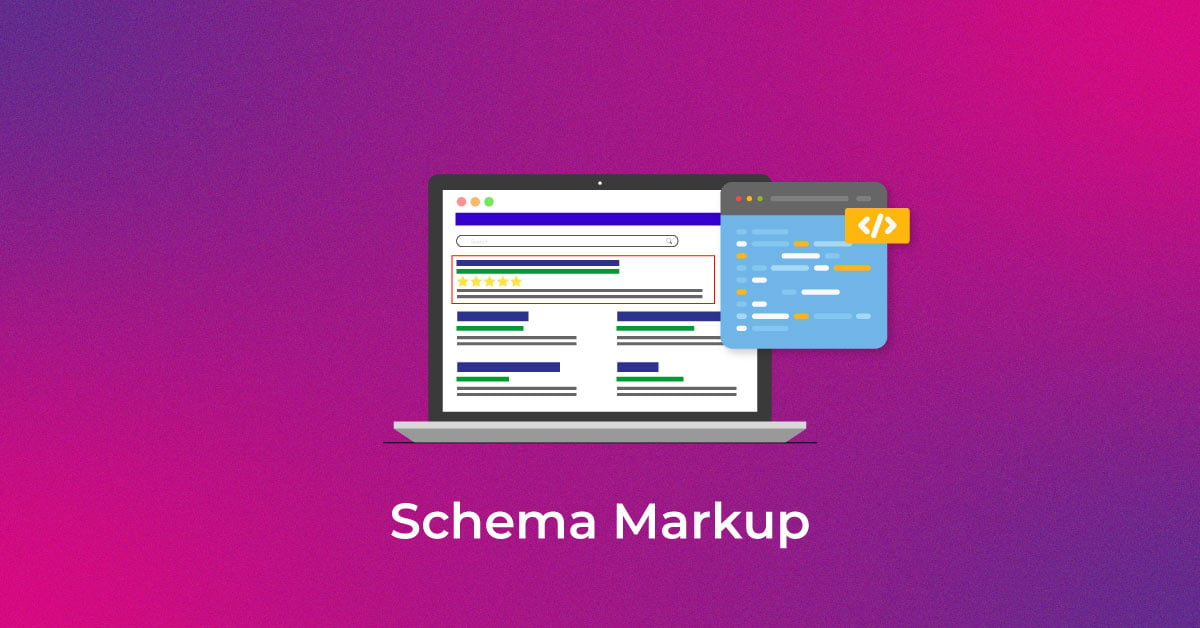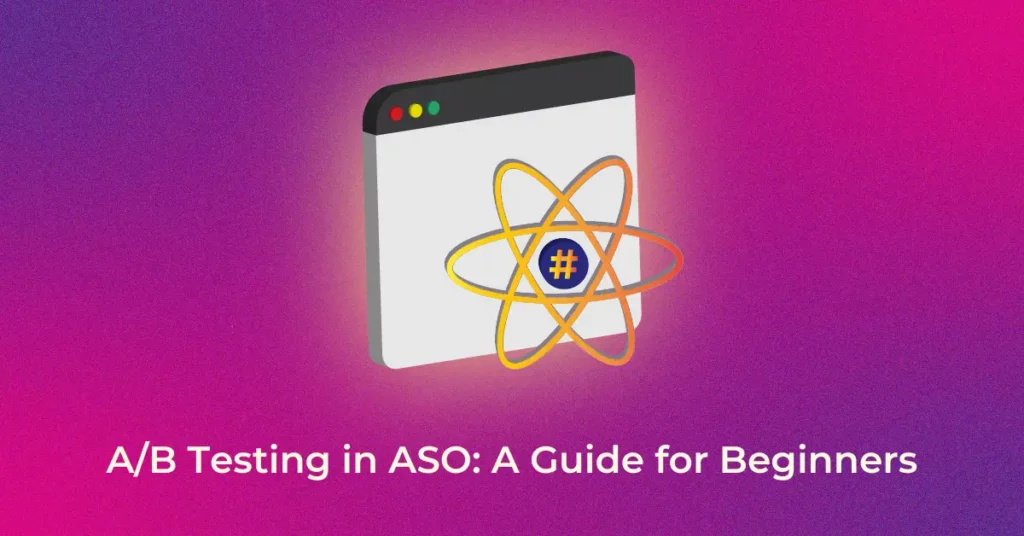In the world of mobile apps, A/B testing for ASO (App Store Optimization) is a powerful strategy to enhance app visibility and conversions. It enables developers and marketers to make data-driven decisions by comparing different versions of their app store assets. Whether you’re just starting with ASO or looking to refine your approach, this guide will walk you through the essentials of A/B testing in ASO, common pitfalls to avoid, and how to leverage tools for the best results.
What is A/B Testing for ASO?
A/B testing for ASO involves creating two or more versions of a specific element of your app’s store listing—such as icons, screenshots, or descriptions—and testing them against each other to see which one performs better.
For instance, you might want to test whether a bright blue app icon or a minimalistic white one generates more downloads. By presenting these variations to different segments of your audience, you can identify the version that maximizes user engagement and downloads.
In simpler terms, ASO A/B testing ensures that every change you make to your app store listing is backed by data, not just intuition.
Why Does A/B Testing Matter in ASO?
Effective A/B testing for ASO can significantly impact your app’s success. Here’s why:
- Boost Conversion Rates: By testing and optimizing store elements, you can increase the percentage of visitors who download your app.
- Enhance User Engagement: Testing metadata like descriptions or preview videos helps communicate your app’s value proposition more effectively.
- Improve ROI: When combined with other app ranking factors, A/B testing helps you make the most of your ASO efforts, driving more downloads without increasing your marketing spend.
- Stay Ahead of Competitors: By continually refining your store listing, you ensure that your app remains competitive in a crowded marketplace.
Preparing for Your First A/B Test
Before launching your first test, you need to prepare thoroughly. Here’s a step-by-step process:
- Set Clear Goals: Decide what you want to achieve with your A/B test. Is it higher downloads? Better user retention? Or improved visibility?
- Choose the Right Element to Test: Focus on elements that have a direct impact on user behavior, such as:
- App icon
- Screenshots
- App title or subtitle
- Description
- Understand Your Audience: Research your target demographic to ensure your test variations resonate with their preferences.
- Use Reliable ASO A/B Testing Tools: Platforms like AppTweak, SplitMetrics, or Google Play’s native testing tools simplify the process by providing insights and analytics.
Publishing Your First A/B Test (App Store and Google Play)
Launching your first A/B test varies slightly between the App Store and Google Play. Let’s explore how to get started on each platform.
Store Listing Experiments on Google Play
Google Play offers a built-in store listing experiments feature that makes A/B testing straightforward. Here’s how to use it:
- Access the Google Play Console: Navigate to the “Store Listing Experiments” section under your app listing.
- Choose the Test Type: You can test global or localized versions of your app listing. Global tests apply to all users, while localized tests target specific regions or languages.
- Create Variations: Upload different versions of the element you want to test (e.g., a new app icon or alternative screenshot).
- Run the Test: Define the percentage of users who will see each variation and monitor the performance.
- Analyze Results: Once the test concludes, review the results to determine which variation performed better and implement it.
App Store Product Page Optimization
The App Store offers two options for ASO A/B testing: Product Page Optimization (PPO) and Custom Product Pages.
- Product Page Optimization:
- Test variations of key elements like app icons, screenshots, or promotional text directly on the App Store.
- Use Apple’s metrics to track impressions, downloads, and conversion rates for each version.
- Custom Product Pages:
- Create tailored landing pages to test how specific visuals or messaging resonate with users arriving from different campaigns.
Mistakes to Avoid When A/B Testing for ASO
Even seasoned marketers can make errors when running A/B tests. Avoid these common pitfalls to maximize the effectiveness of your tests.
-
Not Running Your A/B Tests Long Enough
Short tests may lead to inconclusive or inaccurate results. Ensure your test runs for a sufficient duration to collect meaningful data, especially if your app has low traffic.
-
Expecting Identical Results for the Same Test on Both Stores
User behavior varies significantly between Google Play and the App Store. A variation that performs well on one platform might not yield the same results on the other. Always test independently for each store.
-
Not Being Aware of Other Marketing Efforts & Their Impact
Promotions, ad campaigns, or seasonal trends can skew your A/B test results. For accurate insights, align your tests with a controlled period where external factors have minimal influence.
Spy on Your Competitors’ A/B Tests with AppTweak
Competitor analysis is a crucial aspect of ASO. Tools like AppTweak can help you gain insights into your competitors’ A/B testing strategies.
How AppTweak Helps:
- Track Competitor Changes: Monitor how competitors update their app icons, descriptions, and screenshots.
- Identify Winning Trends: Analyze what elements are working well for top-performing apps in your niche.
- Inspiration for Your Tests: Use competitor data as inspiration for your next A/B test, ensuring your app remains competitive.
Leveraging such tools not only enhances your A/B testing process but also aligns with broader strategies to increase app downloads and maintain app store visibility.
Conclusion on A/B Testing in ASO
A/B testing for ASO is an indispensable technique for optimizing your app store listing. By systematically testing and refining elements like icons, screenshots, and descriptions, you can improve download rates, enhance user engagement, and reduce marketing costs.
Remember to avoid common mistakes, leverage the unique tools provided by Google Play and the App Store, and use platforms like AppTweak to monitor your competitors’ strategies. By utilizing our comprehensive ASO services, combined with a clear understanding of What Is ASO and key app ranking factors, a robust A/B testing strategy ensures your app thrives in a competitive marketplace.
Popular Searches
How useful was this post?
0 / 5. 0














